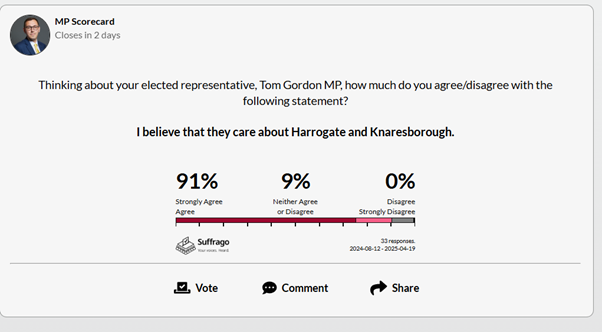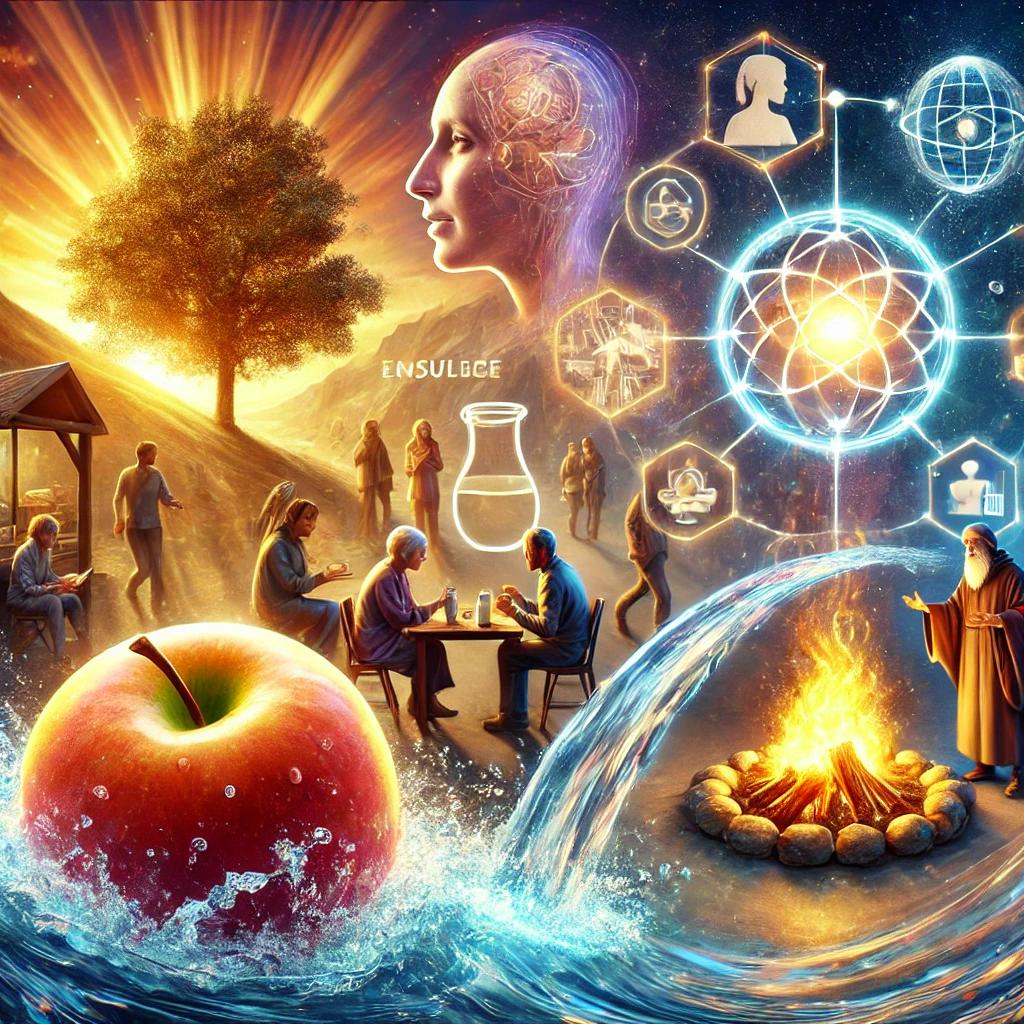This week, I resigned from the Liberal Democrats as my membership expired. It’s hard to dislike a Lib Dem: they are good people. Usually ideology-free, the Lib Dems wants the best for their local. Localism is what defines them, which often leads to different political positions dependent upon the ward or constituency. This, in turn, irks the other parties, who fairly accuse the Libs of flip-flopping.
My criticism/observation of Libs is that their North Star – their guiding principle – is to disagree with the Conservative Party. Essentially, their identity is not to be the Tories. That was my view before I became a member and remains my view. In recent polling, they are marooned on 5%.
Sadly, most of the Lib Dems I know frown upon any prospect of an electoral pact with other parties, but this is their only route to electoral success, barring a Covid and/or Brexit seismic political event. Disappointingly, tribalism is alive and well in the Libs. Tribalism is of course a base, pathetic instinct from another era.
Nearly everyone that I have met in politics wants the best for their country, yet each side denigrates the motivations of the other. Party politics unnecessarily pits good people against each other. With the antiquated whipping system, good politicians vote for bad laws – like against Marcus Rashford’s free school meals plea – in order to survive, thrive and to climb the ladder.
The representative system is flawed. Constitutional reform is the order of the day, but how to achieve it when the incumbent system benefits those in power? E-democracy – like Polis from Taiwan – could shake things up.










